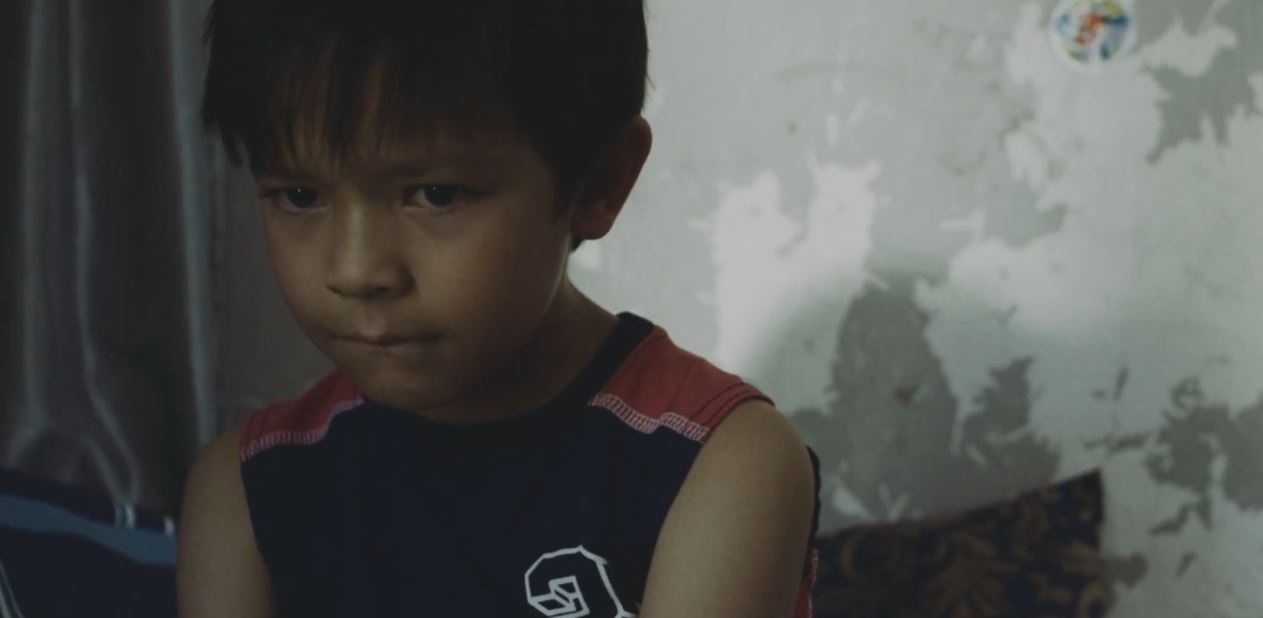As described in our mission, the CCTASI team is committed to providing national expertise on the assessment, training, development and dissemination of resources related to the developmental effects of childhood trauma. Our Center’s projects span across developmental stages, from early childhood through young adulthood, extend into different service systems, including child welfare, juvenile justice, and early education, and focus on supporting frontline, non-clinical providers. By targeting frontline professionals, we are able to support these individuals and systems by providing valuable trauma-informed training, tools, and practices to the professionals who work with youth every day.
Our work would not exist without collaboration with state and national level partners, including academic researchers, clinicians and other direct service providers, resource developers, and youth and families. In collaboration with these partners, we identify needs and gaps related to trauma-focused practices and then develop and implement training materials and resources, and practice-focused solutions.
Looking for individual therapy services, direct care, or other help for your child? Get help HERE.
Our Primary Projects
Honoring Culture and Advancing Equity
Experiences of trauma are often compounded by systems of oppression such as racism, sexism, heterosexism and the like. Identifying and addressing the influence and intersectionality of these individual and systemic experiences is critical for supporting the needs of youth who have experienced trauma. CCTASIs strives to incorporate a culturally responsive and equity-focused lens to all of our products, resources, and trainings we develop and deliver. See our Resource on Cultural and Trauma here and please stay tuned for the upcoming release of our new film highlighting the intersection of race, culture and trauma.
Think Trauma Toolkit: Training of Trainers
Developed by NCTSN partners, Think Trauma is a modularized, skills-based, interactive trauma-focused training curriculum designed for frontline, residential staff who work directly with youth in detention and long-term residential or correctional facilities. CCTASI facilitates multiple Training of Trainer opportunities to support the widespread implementation of this training across the nation. This training includes four modules focused on trauma-informed care; trauma’s impact on development; coping strategies; secondary traumatic stress; trauma responsive treatment planning; and staff self-care. The training was recently updated and CCTASI has been at the forefront of disseminating and evaluating this new curriculum.

Early Childhood Education: Supporting Parents and Educators
Our Center collaborates with early childhood teachers, counselors, administrators, and paraprofessionals to better understand the needs and gaps for achieving a more trauma-informed early childhood education setting. We are currently developing resources to address the identified gaps and barriers in teacher training and support practical skill development in order to improve trauma-informed practices in early education settings. Over the years our directors have led several presentations and webinars also aimed at this objective.
Meaningful Trauma Screening and Assessment: Equipping Child-Serving Systems
At CCTASI, we believe that the screening and assessment process provides an opportunity to meaningfully engage and collaborate with families and other providers. By screening for trauma experiences, mental health, or behavioral needs, providers can understand how to most effectively intervene and offer the help to families that is needed for healing. Our team has developed a training curriculum to support increased knowledge and skill for providers to successfully implement meaningful trauma screening across three different service systems: child welfare, juvenile justice, and early education. We are currently developing an assessment portion of this curriculum, as we continue to provide expertise on screening and assessment to support the roles of administrative, supervisory/managerial, and direct service providers in each of these service systems.


Transition Age Youth: Enhancing Trauma-Informed and Strengths-Based Practices
Transition Age Youth (TAY) describe older youth (approximately ages 16-24 years) involved in child welfare and other child serving systems. These youth face unique challenges as they grow older, sometimes being too old for youth services but too young for adult services. Due to the heightened challenges, obstacles, and particular needs of this age group, our Center is dedicated to identifying and improving supports and resources for TAY. We have conducted a formalized needs assessment process with TAY providers and TAY themselves about their experiences and needs. These insights have been applied to the development and adaptation of trauma training materials and resources for this population in Illinois and nationally. We work closely with lived experience experts to strengthen and empower TAY through the implementation of trauma-informed practices in various organizations.
CANS-Trauma: Certification and Resources
Project Director and P.I., Cassandra Kisiel, Ph.D. is the primary developer of the Child and Adolescent Needs and Strengths Trauma Version (CANS-Trauma Comprehensive). The CANS is an information integration tool that gathers data about the experience of a youth and his/her family. The CANS-Trauma can help provide a better understanding of a child’s strengths and needs to make appropriate service or treatment recommendations. Our Center provides an online certification and resources to support the use of the CANS-Trauma in everyday practice.


CCTASI Films
CCTASI came to understand the power of film to raise awareness about the development impact of traumas with the 2017 release of Remembering Trauma, a two-part film series which highlights the risk of misdiagnosis in youth with complex trauma histories. Remembering Trauma has been widely used and disseminated across the US and 26 other countries. CCTASI has since expanded its work in this area with the development of two additional films created in partnership with youth, trauma-informed professional partners, and local and national filmmakers. The first is a documentary on the impact of trauma on strengths of Transition Age Youth (TAY) and the second is a short narrative film that will creatively demonstrate how Youth of Color are impacted by complex trauma. This film is being created in collaboration with the Kovler Center Child Trauma Program (KCCTP). These educational films are designed to raise awareness with providers, family members, and the general public about the impact trauma and the role of strengths and resiliency across these populations and settings and are scheduled for release in 2021; please see more detail on each film below. Our Center has also developed resources and tools for hosting screenings of the film and sharing the message with others. Click HERE to learn more.
Race and Trauma Film
As of May 2020, CCTASI is in the process of developing a short narrative film that will creatively demonstrate how Youth of Color are impacted by complex trauma. We chose to make this film in an effort to address a longstanding gap by exploring the important intersection between race, ethnicity, and trauma. With this film, we aim to inspire professionals to honor the importance of historical and current day race-based trauma in their work with complexly traumatized youth, and to recognize the role of structural racism in perpetuating cycles of trauma. The film will also positively honor the ways Youth of Color navigate complex trauma responses and use healthy aspects of their being and communities to support healing. This film is being created in collaboration with the Kovler Center Child Trauma Program (KCCTP).

